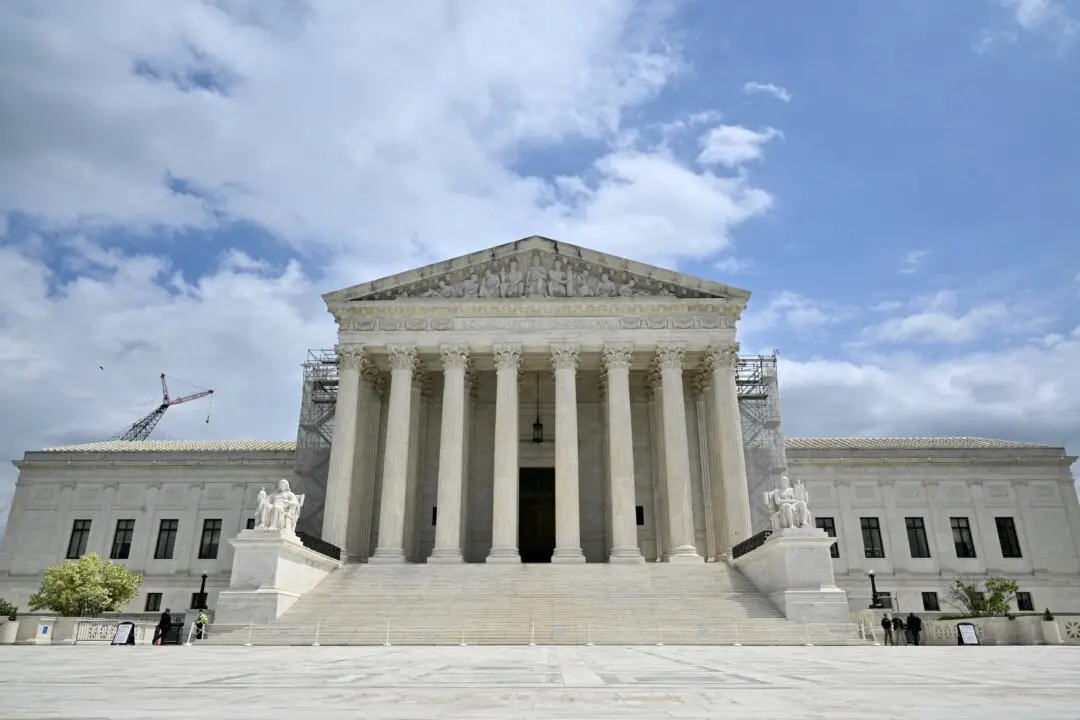The Supreme Court agreed this week to decide whether changes made to a state-level legal complaint about allegedly overpriced dog food prevent the federal court system from hearing a proposed class action brought by consumers.
The pet food manufacturers who are appealing say that federal courts of appeal are divided over whether changes made to a state-level complaint, after its transfer to federal court, negate federal subject-matter jurisdiction. Pet owners in Missouri allege that the pet food manufacturers deceived them into believing that certain products were available only with a prescription.





